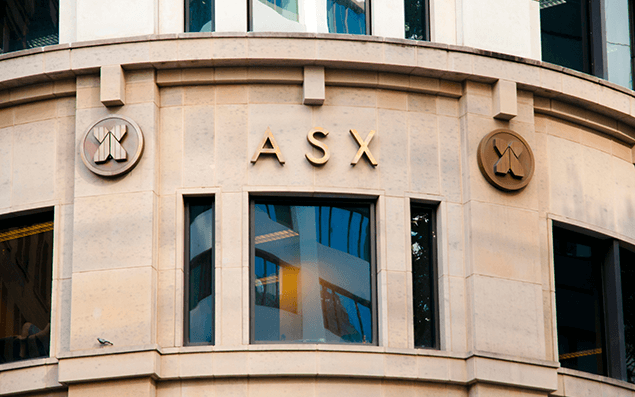The ASX has long been an essential part of the investment landscape in Australia. While other stock exchanges exist, none come anywhere close to its market dominance, with the ASX holding a near monopoly on trading Australian securities. Billions of dollars of shares are traded on the ASX daily, with the ASX itself reaching a market cap of A$11.48B.
But with rapid changes in the world of finance and technology, things might be changing. Increasing market sophistication, cloud technology, and digital currencies are helping to shift the landscape. Companies that fail to embrace these changes and adjust risk getting left behind.
This article looks at Australia’s #1 securities exchange, current trends, and what this could mean for its future.
Currently Australia’s #1 securities exchange
The ASX is Australia’s first national exchange, created in 1987 under legislation of the Australian Parliament with the amalgamation of several independent stock exchanges across the country. In 2006, it changed its name from the Australian Stock Exchange to the Australian Securities Exchange to reflect the diversity of investment options it offers.
Today, it remains the primary exchange for trading Australian securities. Alternative securities exchanges in Australia include the SSX, NSX and Chi-X. But given their size and offering, none are currently considered a real competitor.
Change is underway
If no other exchanges come close, is the future of the ASX genuinely in question?
For many investors, the idea of a dominant player the size of the ASX being replaced may seem unlikely. It’s understandable given its closest competitor, the Chi-X, only has around 18% market share. But as we’ve seen with the growth of the NASDAQ to become one of the worlds’ largest stock exchanges, competitors can become serious contenders if the right conditions present themselves.
There are a few trends currently creating the perfect storm for change:
Blockchain potential
Leading stock exchanges around the world are beginning to recognise the potential of blockchain technology for trading securities. Blockchain technology offers decentralised security, permanent traceability, and records that can’t be changed. This has the potential to change the way financial data is stored and transferred, presenting a unique opportunity for competitors who can effectively embrace this new technology.
Aging technology
The ASX has experienced major outages and disruption in the past decade, largely as a result of outdated legacy IT systems. 2020 was a particularly difficult year with the ASX struggling to deal with a spike in trading volumes in March followed by a complete outage in November, sparking an ASIC investigation. This has resulted in new ASX license conditions as it manages migration to blockchain technology (set for 2023) as well as paving the way for perhaps Chi-X to become a more viable alternative.
Appetite for non-traditional companies
Historically, the ASX has shown little appetite for these types of companies with strict listing rules and regulations. Animoca Brands, now available on the Primary Markets platform, is one example. Stripped of its previous ASX listed status in March 2020, Animoca Brands has grown from A$120M to A$6B since leaving the ASX.
As we head into 2022, it seems attitudes are starting to change and digital currencies are en route to becoming mainstream. Treasurer Josh Frydenberg has announced plans to begin regulating cryptocurrency. Commonwealth Bank last year announced it would offer crypto trading via the CommBank app. The ASX has also recently hosted Block/Afterpay in a sign that their past reluctance may be starting to change. Time will tell if this will be enough to ensure it’s dominance in the market.
What next for the ASX?
While no-one knows what’s coming next, it does appear the ASX has some significant challenges ahead.
The ASX is taking serious steps to address its technological challenges with a major blockchain project underway. At the same time, Chi-X was last year bought out by the multi-billion dollar owner of the Chicago Board Options Exchange and has plans to make serious investments in its technology. With markets traditionally responding poorly to a monopoly, the financial world will be watching to see how this plays out.

